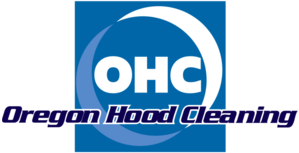Additional Cleaning Services for Commercial Kitchens
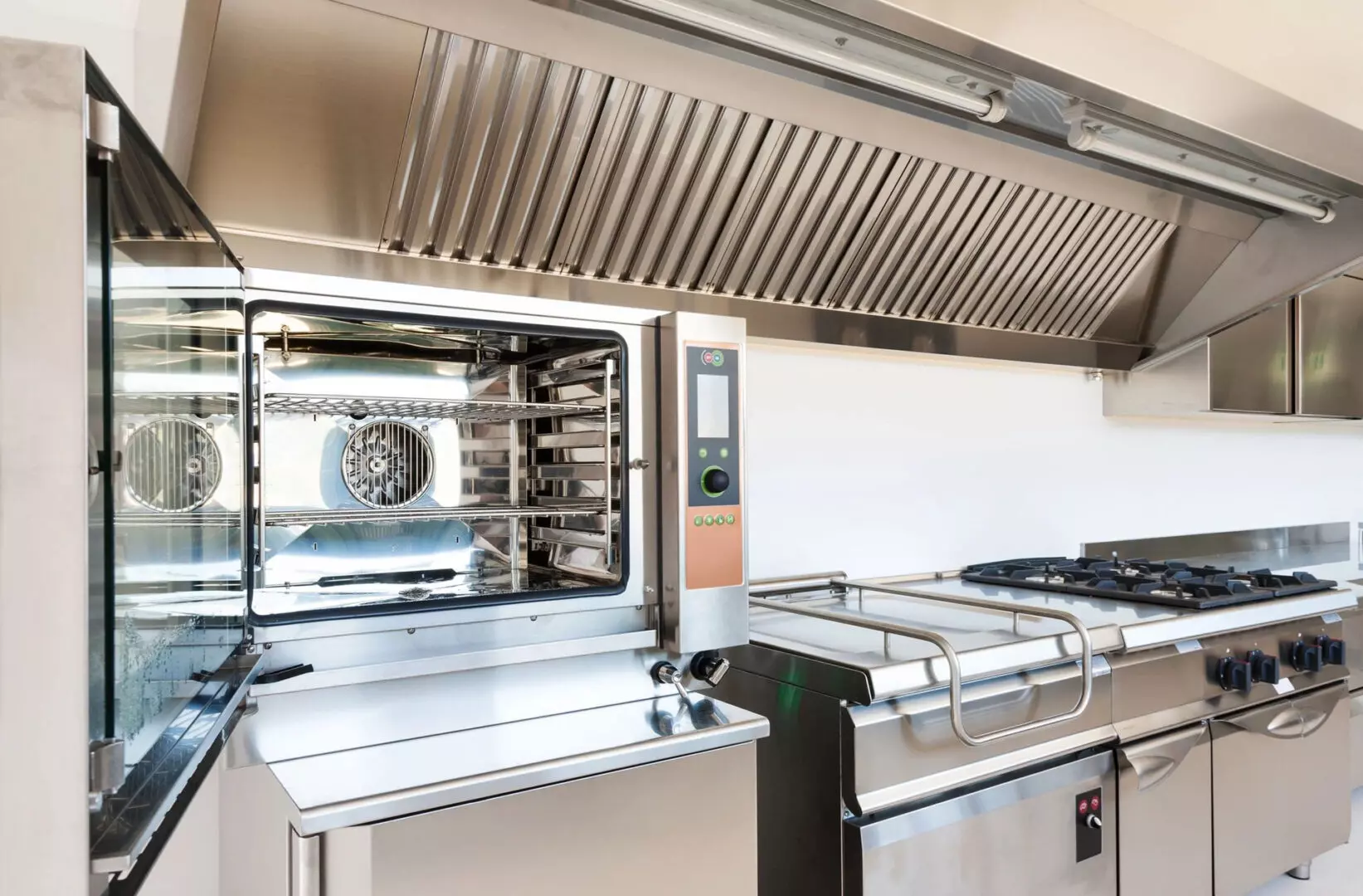
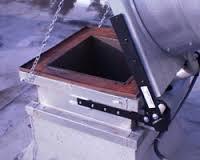
The fire codes adopted in Oregon and Washington (NFPA 96) require exhaust fans to be hinged, allowing thorough cleaning of the fan and the duct below it. Hinging the exhaust fan is not only required by code, it will also help to significantly increase the life of the fan. Exhaust fans are made of very soft aluminum and can be damaged during the cleaning or repair process just by taking an unhinged fan off and setting it on the roof. Hinging eliminates the need to remove the fan as it can be tilted back to allow complete access to your system. Fans that are not hinged can become out of balance and begin to vibrate and make noise. Electrical wiring is more susceptible to damage in a fan that is not hinged.
NFPA 96 requires access panels on duct at every change of direction and every 12 feet of length. These panels allow our technicians to completely clean the system eliminating “if we can’t see it, we can’t clean it” areas of the duct.
Exhaust fan cleanout ports are also required by code. These ports are mini access panels that allow complete inspection and cleaning of the exhaust fan. Fan access panels (clean out ports) allow our technicians to clean the back side of the fan blades. Not having the cleanout ports can result in grease buildup on the blades which can cause the fan to vibrate and become off-balance and noisy. This vibration will prematurely wear out the fan bearings and belts.
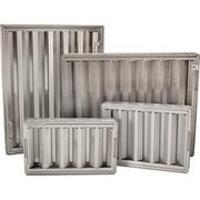
Maintaining and replacing the hood filters in your commercial kitchen exhaust hood is more important than you might think. Hood filters or grease baffle filters are designed to remove the grease-laden vapors from the air before they contaminate the exhaust hood ducts. Properly maintained filters are an important line of defense against a grease fire in your restaurant.
Cleaning Hood Filters: Hood filters should be cleaned every day to keep them free of grease and maximize their filtering capability. If you have a high-temp dishwasher, run your hood filters through the dishwasher. If your filters are aluminum or galvanized, we do not recommend cleaning them in the dishwasher. Chemicals used in commercial dishwashers will cause aluminum and galvanized filters to turn color and corrode.
Replacing Your Hood Filters: Conduct regular visual inspections of your restaurant’s hood filters. When your filters become dented, corroded, or are no longer easy to clean, it’s time to replace them. Oregon Hood Cleaning clients can purchase filters directly from us at our cost. We’ll measure, deliver, and install the new grease baffle filters, free of charge. Because they are the most durable and easily cleaned filters available, we sell only stainless steel hood filters.
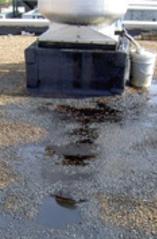
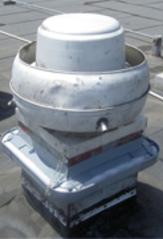
It’s simple, restaurant grease and oil can damage your roof and create an unnecessary fire hazard. Exhaust fans are designed to remove grease vapors from your kitchen. Unfortunately, much of this grease will eventually leak onto your roof. Because food grease is acidic, it can cause the surface of your roof to deteriorate.
The best way to prevent grease from damaging your roof is to install rooftop grease containment on all your exhaust fans. Properly designed rooftop grease containment will collect and hold the excess grease from your system while allowing rainwater to drain off. An effective rooftop grease containment system will include “hydrophobic” pads designed to shed water but hold onto the grease. Just having a grease box to catch the excess grease from your fan without these pads means the rainwater and your grease will spill onto the roof.
